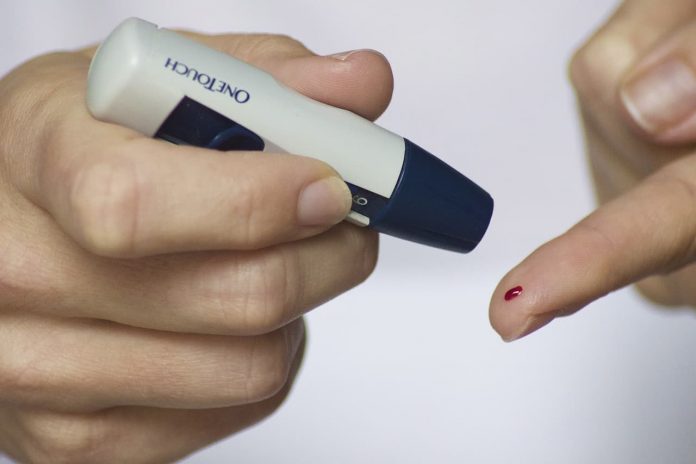Approximately 90% of all diabetes cases are type 2 diabetes.
Although lifestyle factors such as hypertension, diet, and excess weight can increase risk, this condition can also be passed down through families.
What do we know about the possibility of passing this condition from parent to child?
A recent French study published in Diabetic Medicine looked at whether a family history of type 2 diabetes is associated with incident type 2 diabetes in a cohort of 1,996 men and 2,093 women, in France.
The 30 to 65-year-olds were followed over a nine-year period. Researchers recorded family histories of diabetes in first-degree (parents, siblings, children) and second-degree (maternal/paternal grandparents, aunts, and uncles) relatives.
Some remarks in this study
Approximately 20% of the cohort had a first-degree family member with type 2 diabetes. This increased slightly when second-degree family members were also considered.
A genetic risk score associated with incident type 2 diabetes was calculated for each participant and various health and physical characteristics were measured.
Participants were tested every three years for incident type 2 diabetes.
More men developed incident type 2 diabetes during the study period, which is consistent with the fact that diabetes is more common in European men.
However, these men were less likely to have a first-degree family member with type 2 diabetes, indicating that environmental or lifestyle risk factors may have contributed to their condition.
In keeping with this theory, sex-specific risk factors included smoking for men. Individuals (both men and women) with incident type 2 diabetes were also more likely to be older, have hypertension, be overweight, have increased glucose levels, and have a higher genetic risk score.
A family history of diabetes was a risk factor for women only.
In fact, women with a family history of diabetes in first-degree relatives had a three-fold higher risk of developing type 2 diabetes, even when the genetic score and other risk factors associated with type 2 diabetes were taken into account.
Although the risk of developing diabetes was significant when the father had diabetes, the risk was stronger when the mother had diabetes.
It is not clear why family history is a risk factor specific to women only.
Although a large cohort was followed in this study, only a small number of participants developed incident type 2 diabetes. It is possible that the reported family histories did not accurately reflect the true number of type 2 diabetes cases.
Conclusions
The authors were not able to confirm this data and were unable to differentiate between cases of type 1 and type 2 diabetes.
Further studies are required to confirm these findings.
Based on the current results, diabetes screening and prevention strategies targeting women with a family history of diabetes should be encouraged.
Written by Natasha Tetlow, PhD
Reference:
Balkau B, Roussel S, Wagner S, et al. Transmission of Type 2 diabetes to sons and daughters: the D.E.S.I.R. cohort. Diabet Med. 2017. Available from: doi.10.1111/dme.13446.




